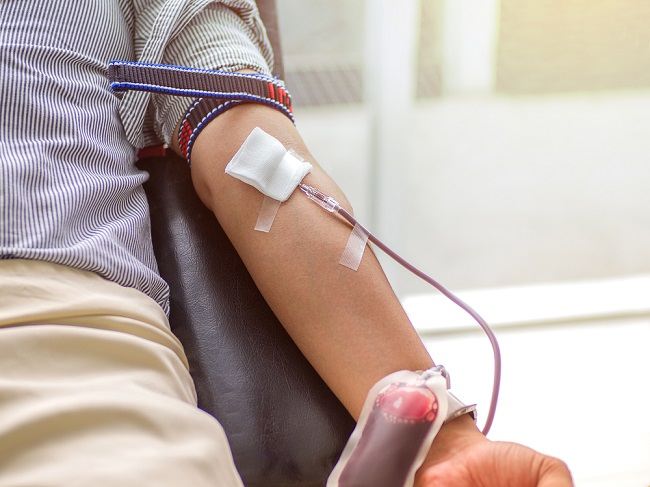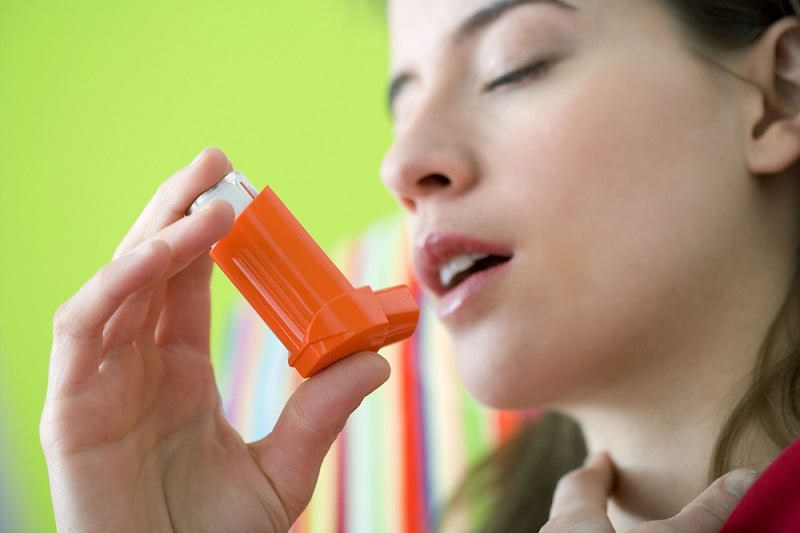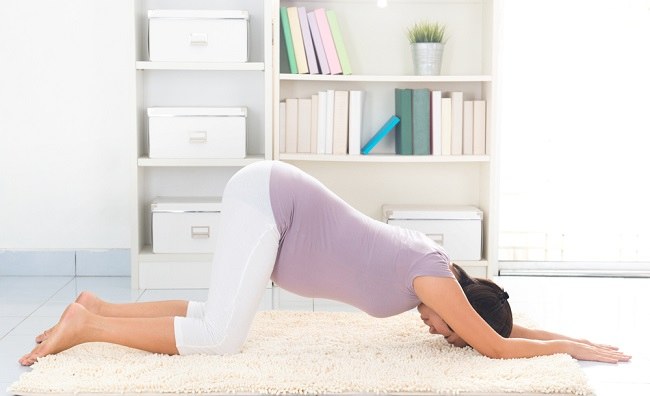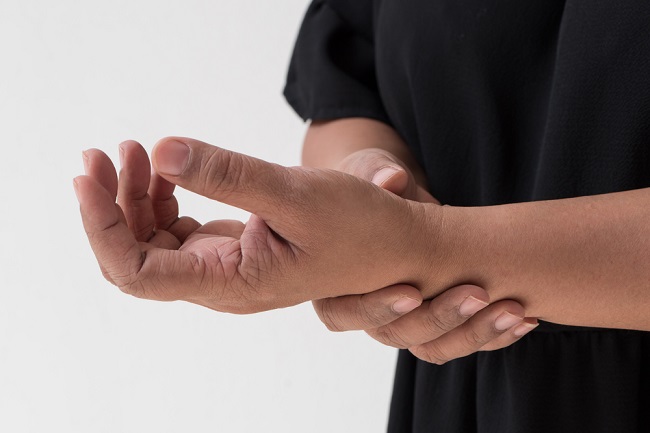Crying is the result of expressing one's feelings when feeling sad, touched, or happy. Behind the tears that flow, it turns out that there are benefits to crying that can be obtained.
Someone who cries is often judged as a crybaby and weak figure. Men are among those who often get this stamp when they cry. Meanwhile, women are considered more natural when expressing feelings by crying.

Types of Tears
There are three kinds of tears produced by the body. Each of these tears has a different function. The three types of tears are:
- Reflex tears. This type of tear serves to protect the eye from irritation.
- Basal tears. Basal tears will continue to be produced by the lacrimal gland on a regular basis to moisturize, nourish, and protect the eye.
- Emotional tears. These types of tears are produced when you feel sad, moved, or happy.
Benefits of Crying for Physical and Mental Health
No need to think about puffy eyes after crying. Apart from being a way of expressing feelings, there are actually several benefits of crying that can be felt, including:
1. Reduce stress
One study revealed that crying can also stimulate the production of endorphins, hormones that can make you feel better, reduce pain, and relieve stress.
2. Boost mood
Mood swings can occur for a variety of reasons. One of them is due to the accumulation of manganese levels in the body. But when you cry, this excess manganese will come out of the body along with your tears. As a result, your mood will be better after crying.
3. Relieve feelings
Many people admit to feeling better after crying. Especially for those who are frustrated, mourning, and having a bad day.
4. Kill bacteria
Crying in fact can also be a good way to clean the eyes of dirt. In addition, tears also contain lysozyme which can kill 90-95 percent of bacteria in just a few minutes.
Watch This When You Cry
Despite the benefits of crying, you should keep a few things in mind when you cry. First, don't cry for a long time. Second, it's best to cry in the right place so you don't feel embarrassed. Avoid crying in public and go somewhere comfortable to cry.
Finally, if possible, cry when you are with family, partner, or close friends. This is so that you can freely express your emotions, so that you will feel better. But in people who have mood disorders, such as depression or anxiety disorders, crying usually won't make you feel better.
If your mood actually gets worse after crying, or you cry more and more often for no apparent reason, even if you want to hurt yourself, you should consult a psychologist or psychiatrist for help and appropriate treatment.









